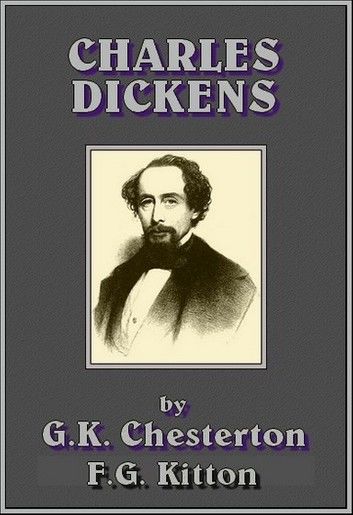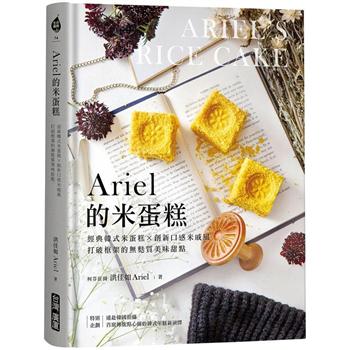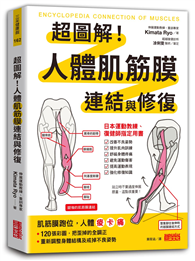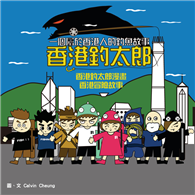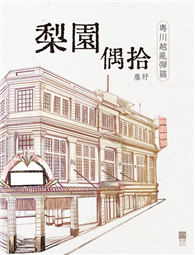Considered merely as literary fashions, romanticism and realism are both tricks, and tricks alone. The only advantage lies with romanticism, which is a little less artificial and technical than realism. For the great majority of people here and now do naturally write romanticism, as we see it in a love- letter, or a diary, or a quarrel, and nobody on earth naturally writes realism as we see it in a description by Flaubert. But both are technical dodges and realism only the more eccentric. It is a trick to make things happen harmoniously always, and it is a trick to make them always happen discordantly. It is a trick to make a heroine, in the act of accepting a lover, suddenly aureoled by a chance burst of sunshine, and then to call it romance. But it is quite as much of a trick to make her, in the act of accepting a lover, drop her umbrella, or trip over a hassock, and then call it the bold plain realism of life. If any one wishes to satisfy himself as to how excessively little this technical realism has to do, I do not say with profound reality, but even with casual truth to life, let him make a simple experiment offered to him by the history of literature. Let him ask what is of all English books the book most full of this masterly technical realism, most full of all these arresting details, all these convincing irrelevancies, all these impedimenta of prosaic life; and then as far as truth to life is concerned he will find that it is a story about men as big as houses and men as small as dandelions, about horses with human souls and an island that flew like a balloon.
